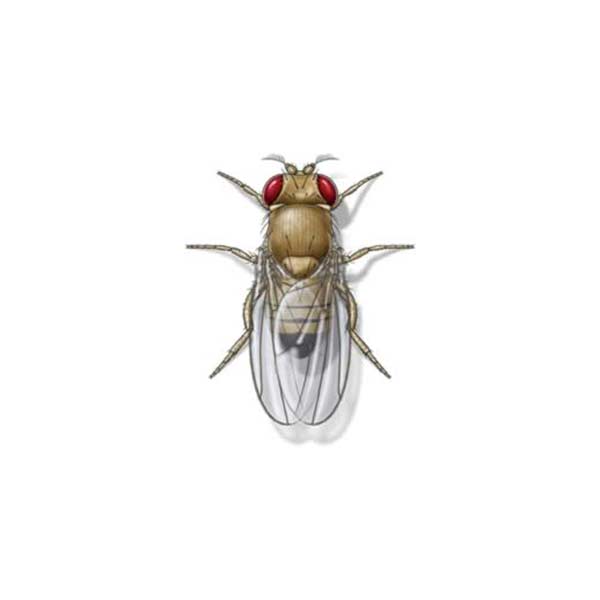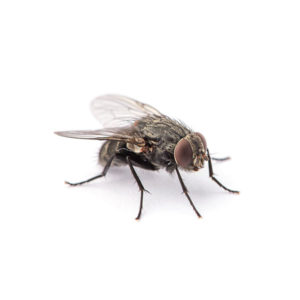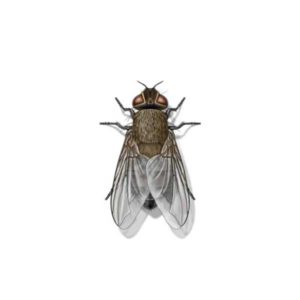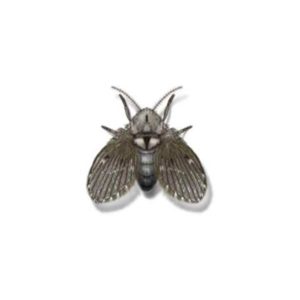Fruit Flies in Mid-South TN
Eight species of fruit fly are common in the United States. Also called vinegar or pomace flies, fruit flies are often confused with other small flies found inside structures. Fruit flies are vectors of disease, consuming bacteria and sugar from decaying foods and passing them along via bowls of fruit, glasses of wine, garbage, and trash cans. The scientific name, Drosophila, means “lover of dew” – this is likely in reference to how they require moist environments to reproduce.
Fruit Fly Habitat
Fruit flies are small enough to pass through insect screens and can be abundant, especially during the summer, in homes, restaurants, fruit markets, bars, salad bars, and many other places. They will often enter from nearby dumpsters, trash receptacles, and damp compost piles. Fruit flies lay eggs on fruit, and the hatched larvae feed on the fruit. A single generation of fruit flies may develop in less than a week under ideal warm conditions.
Fruit Fly Behaviors, Threats, or Dangers
Fruit flies do not sting or bite. They are a nuisance pest, but studies have also shown they can be a danger too by transferring E.coli, Salmonella, and Listeria to surfaces and food. Although fruit flies spend the majority of their time on foods, they also travel to dishes, flatware, drinking glasses, and even toothbrushes. If you eat or drink from these objects, you’re exposed to the same bacteria the fruit fly has transported from site to site.
If you are dealing with a fruit fly problem on your property, contact your local fly exterminators.
Need help with Fruit Fly control?
We'll call you! Leave your information below.




